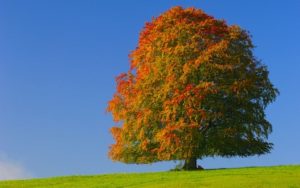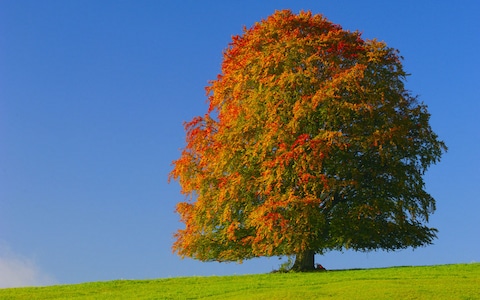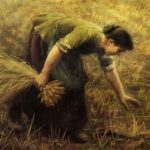Reflections
For a moment light and dark are balanced between the hemispheres. Here in the north, summer’s end is upon us. As the growing season ends, the ripening moon shines its lamp for gardeners and farmers working overtime to bring nature’s bounty home. One of the joys of retirement is basking in summer’s lingering warmth when beaches are deserted by younger people who’ve been called back to school and work. Nevertheless, the first image of summer’s departure that comes to my mind is being 15 and looking out my classroom window at the public swimming pool across the way drained of its water and all summer’s joy. That was over fifty years ago. Memory wraps around and reconnects us with life’s beginnings.
We balance now in the center of the see saw, neither up nor down. Powerful storms roil in oceans and flood people out of their homes. Such disasters remind us to be grateful for having a roof over our heads and a table in a functioning kitchen on which to rest the motherlode of tomatoes and squash. For those of us comfortably fed and sheltered, perhaps this is a moment to take stock of our personal harvest, both the abundance and scarcity that have shaped our lives.
Persephone is swept away by death at fall equinox. She cries out at this abrupt end to her freedom, a cry witnessed by Hekate, the torch-carrying, triple goddess of the crossroads, who accompanies Demeter on her search for her missing daughter, and later serves as Persephone’s companion both in her time on earth and in death. The purpose of the great Eleusinian mysteries, based on this myth and held at fall equinox, was to teach the initiates not to fear death, but to understand its place in the ever-turning cycle of life, death, and rebirth.
In his poem “Beech,” Robert Frost uses the image of a Witness Tree, which serves as a marker of the corner of a property line between two fields–or two states of being, life and death. He writes, “One tree, by being deeply wounded, / Has been impressed as Witness Tree. And made commit to memory/ My proof of being not unbounded” (“Beech”). Frost speaks in the negative here, for we do not like to be bounded, to have our freedom curtailed, and yet here we stand in aging bodies, perhaps wounded in spirit, as witnesses that it is so.
Our lives form a pattern of light and dark, our wisdom quilt if you will, that reveals what our lives, sometimes beautiful and sometimes tragic, have taught us. To become wise, we need to accept both our strengths and weaknesses, our successes and failures. We often learn more from the latter. Each time we fall off balance, we have the opportunity to learn from our mistakes. Spring sends us out into the world to discover who we are to be in life, what we are to do, and who we are to love. Fall calls us home again and invites us to be more introspective, as mystic Richard Rohr suggests, “to unpack all that life has given us and taken from us” (Falling Upward 144). He invites us to accept reality for the mixed bag that it is and to acknowledge both the light and dark aspects of ourselves, and by so doing, to grow beyond dualistic thinking into wisdom.
At equinox we are reminded of the equal importance of dark and light bound together into one whole. Our growing edge in our elder years is learning to integrate the dark and light within ourselves and to recognize our own failings, rather than projecting them out onto others. Life’s not an us versus them game. We are all in this together. Mother Gaia won’t become healthier or happier unless we stop blaming others and start including everyone.
The source of life is unbounded, but to become wise we need to be knocked down by life and wounded, to accept the limitations of our bounded egoic selves. Only then, are we humble enough to allow the divine light of Hekate’s torches to shine forth from within us to become radiant bearers of elder wisdom for others to follow.
With gratitude for life’s lessons,
Melody
Taking Time to Be

Acceptance, forgiveness, love – Select one of these words on which to focus your mind as you sit or walk in silence. Use this word as a tool to shift your awareness away from the preoccupations of daily life and into the deep silence of being. Whatever thoughts arise, dismiss them without judgment, and recall the word you have chosen. Continue your contemplation for about 20 minutes. Make friends with silence and visit it regularly to practice easing consciousness out of the grip the eager judge within. Holding the silence is the best way to practice non-dualistic thinking because as Rohr notes, “silence is the only language spacious enough to include everything” (Falling Upward 144).



